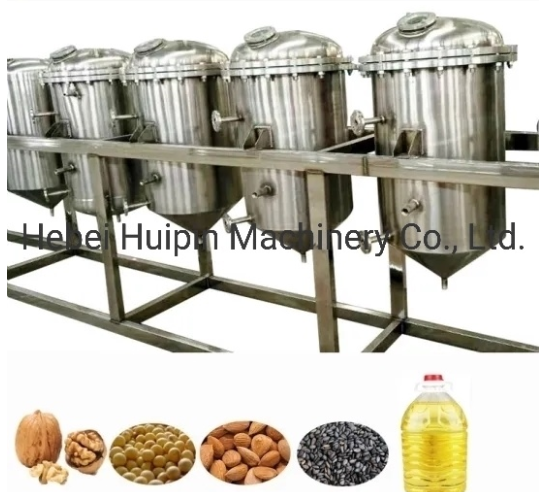Jul . 28, 2024 22:15 Back to list
Cold Press OEM Oil Extractor for High Quality Natural Oil Production Efficiency
Understanding OEM Oil Press Cold A Comprehensive Guide
In the world of oil extraction, the method and technology used can significantly impact the quality, yield, and flavor of the oil produced. Among various extraction techniques, the cold pressing method has gained immense popularity, especially when coupled with Original Equipment Manufacturer (OEM) technology. This article will delve into the nuances of OEM cold oil presses, their benefits, and why they are essential for both small-scale producers and large manufacturers.
What is Cold Pressing?
Cold pressing refers to the method of extracting oil from seeds or nuts without applying heat during the extraction process. This technique is celebrated for preserving the natural flavor, nutrients, and aroma of the oil, making it a preferred choice for producing high-quality oils. The process involves mechanically crushing the seeds or nuts to release the oil while keeping the temperature below a certain threshold, typically around 50°C (122°F). This prevents the degradation of essential fatty acids and beneficial compounds, ensuring that the oil retains its nutritional value.
The Role of OEM in Oil Pressing
Original Equipment Manufacturer (OEM) technology involves the production of equipment that is designed and branded by one company but manufactured by another. In the context of cold oil presses, OEM manufacturers provide customized machinery tailored to the specific needs of different producers. This customization can include modifications based on the type of seeds being processed, the desired oil yield, and the equipment's operational efficiency.
Choosing OEM cold oil presses means that producers can leverage advanced technology without the burden of designing the machinery from scratch. OEM providers often offer the latest innovations in extraction technology, ensuring that users have access to high-performance equipment that optimizes yield and quality.
Benefits of OEM Cold Oil Presses
oem oil press cold

1. High-Quality Oil One of the main advantages of using OEM cold oil presses is the ability to produce high-quality oils. The cold pressing method helps maintain the integrity of the raw materials, resulting in pure and flavorful oils that appeal to health-conscious consumers.
2. Customization OEM manufacturers often allow for customization, enabling businesses to specify their machinery needs. This can lead to increased operational efficiencies and reduced waste, as the equipment is designed to meet specific processing requirements.
3. Scalability For businesses looking to grow, OEM cold oil presses offer scalable solutions. Companies can start with smaller units and then transition to larger presses as demand increases, without compromising on the quality of the oil.
4. Cost-Effectiveness Investing in OEM equipment can be more economical in the long run. High-quality machines tend to have lower maintenance costs and longer lifespans, leading to overall savings for producers.
5. Sustainability More consumers are looking for sustainably produced oils. Cold pressing leverages natural extraction methods, which align with environmentally friendly practices. OEM providers often incorporate sustainable manufacturing processes, contributing positively to the environment.
6. Consistency OEM cold oil presses are designed to deliver consistent results. This consistency is crucial for businesses that aim to build a loyal customer base, as variations in oil quality can deter consumers.
Conclusion
In summary, OEM cold oil presses represent a significant advancement in the oil extraction industry. Their ability to produce high-quality, flavorful oils while offering customization, scalability, and cost-effectiveness makes them an essential tool for producers. As consumer demand for natural and health-conscious products continues to rise, investing in OEM cold oil pressing technology could prove to be a profitable decision that not only enhances product offerings but also ensures sustainability and quality in oil production. By embracing this technology, businesses can position themselves to meet the growing market demands while maintaining the integrity of the oils they produce.
-
Leading Food Oil Refined Unit Companies | Quality & Efficient Solutions
NewsAug.27,2025
-
Expert Food Oil Refined Unit Companies | Advanced & Efficient Refining
NewsAug.26,2025
-
Food Oil Refined Machine Companies: High-Efficiency Oil Refining
NewsAug.25,2025
-
Popular Commercial Oilseed Crushing Machinery | High-Yield Oil Expeller Press
NewsAug.24,2025
-
Food Oil Refined Unit Companies: Leading Manufacturers & Exporters
NewsAug.23,2025
-
Expert Oil Filter Machine Service & Solutions | Quality & Reliability
NewsAug.22,2025
